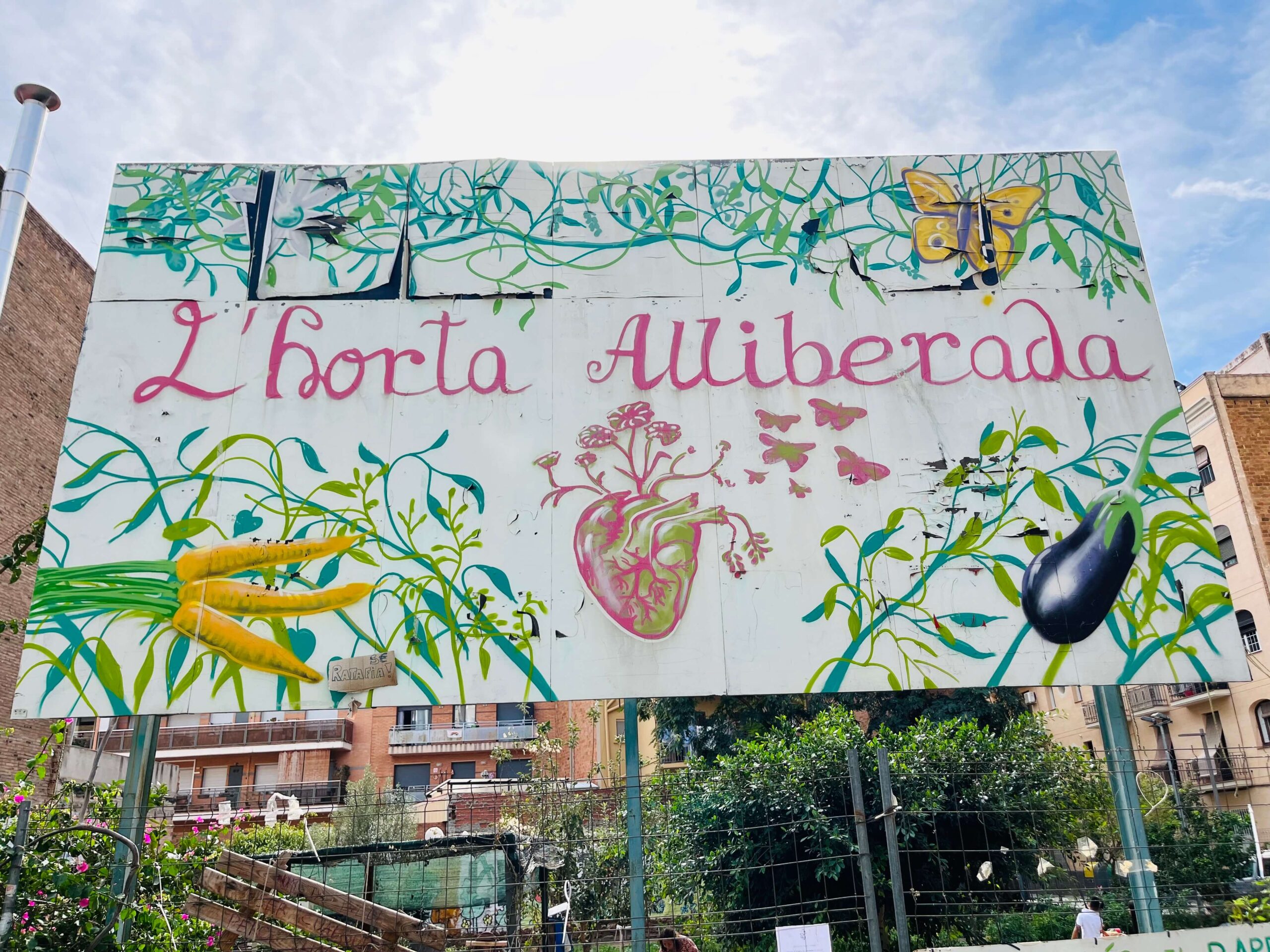This tool defines key food-sharing terms and their translations in European languages. It therefore addresses a wide audience, ranging from food sharing initiatives and policymakers to food supply stakeholders, researchers, and, of course, citizens.
Rooted in the foundational search terms of the SHARECITY100 Database, an open access and interactive database that presents key variables for the analysis of more than 4000 Food Sharing Initiatives (FSI), the European Food Sharing Dictionary significantly increases the number of translated vocabularies and languages covered. Specifically, a list of 43 English terms were translated into 25 languages, including all 24 official EU languages and Catalan, Barcelona’s official language, one of the CULTIVATE project’s hub cities. To further ensure accuracy and context, native speakers sense-checked the terms.
The key terms were grouped based on their focus in food sharing practices. General terms, were categorised into three primary domains of food-sharing activities: collaborative cultivation of food, communal cooking and dining experiences, and the redistribution of surplus food. Furthermore, the compilation includes terms that describe various modes of sharing (e.g. gifting, bartering, selling and collecting) and the organisational structures adopted by food sharing initiatives.
As Dr Dean Phelan from Trinity College Dublin, explained, “our hope is that this dictionary can be used not only for understanding the language that people use to describe food sharing practices across the EU, but that it can be used as an empowering tool by FSIs; enabling them to learn about food sharing practices in other socio-linguistic contexts, network with groups that are working in similar ways elsewhere, and ultimately enable them to learn from each other and grow in conjunction with CULTIVATE’s Food Sharing Compass”.
Furthermore, the terms included in the European Food Sharing Dictionary will form a part of CULTIVATE’s broader search and categorisation terms, which are being used to search and categorise FSIs in the creation of the SHARECITY200 Database, one of CULTIVATE’s key results.
CULTIVATE’s Trinity College Dublin and Dublin College University partners are currently exploring the development of automated tools that might allow for the mapping, tracking and monitoring of FSIs in real-time, something that they hope will future-proof the SHARECITY200 database and provide a useful tool for FSIs beyond the end of the CULTIVATE project.
The European Food Sharing Dictionary is the stepping stone towards the launch of “The Food Sharing Compass”, which will further simplify navigation in the realm of food sharing initiatives.
Photo credit: Dean Phelan
